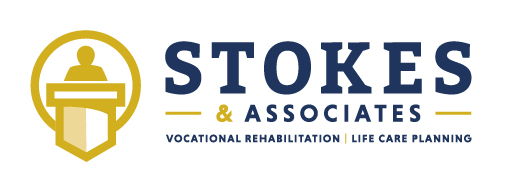Flexibility in Life Care Planning
Life care planners practicing in a forensic setting face constant challenges that require flexibility in everyday practice. Life care planners are routinely challenged on their methodology, qualifications, expertise, and the foundation to develop their opinions. Life care planning is an ever-evolving field, and growth and change are inevitable.
To establish and maintain credibility in the field of life care planning, life care planners must stay abreast of court decisions that affect the work they perform and constantly re-evaluate their methodology to reflect changes over time. Adhering closely to the Standards of Practice for Life Care Planners provides guidance and clarity to ground our work. According to the Standards, a life care plan is a dynamic document, which reflects a process of change, growth, or activity.
What may have at one time been accepted as an appropriate methodology can change. For example, it is acceptable in many states to consult with treating physicians to obtain future medical recommendations that serve as the foundation of an individual's life care plan. However, California courts have decided it is considered hearsay in the recent past and cannot be used solely to develop the life care plan. According to the ruling, the treating physician's recommendations must be documented in medical records or sworn testimony (People v. Sanchez). As a result, the methodology the life care planner had long relied on must be somewhat modified to hold up in those court systems.
Another example of flexibility occurs when treating physicians change their recommendations for future medical care after the life care plan has been produced based on their recommendations. Whether in a deposition or medical record, the life care planner's responsibility is to amend their report to reflect the most current recommendations accurately. Routinely, life care plans will be updated and amended several times throughout the case, reflecting that it is a dynamic document.
Life care planners must be able to carefully balance following a set methodology while at the same time being open to changes in practice and being ready to explain those changes when questioned.
To schedule a complimentary consultation with one of our experts at Stokes & Associates, don't hesitate to get in touch with one of our Client Development contacts.
David Barrett
Cell 504-259-6557
dbarrett@stokes-associates.com
Kelly Bradley Ebelt (Texas)
Cell 713-205-2205
kebelt@stokes-associates.com
Stokes & Associates Experts:
Larry S. Stokes, Ph.D.
Aaron Wolfson, Ph.D.
Lacy Sapp, Ph.D.
Todd Capielano, M.Ed., LRC, CRC, LPC, CLCP
Ashley Lastrapes, Ph.D., CRC, CCM, CLCP, LPC, LRC
Brandy Bradley, MHS, CRC, LRC, CLCP
Elizabeth Peralta, M.Ed., LRC, CRC, CLCP
New Orleans Office:
3501 N. Causeway Blvd. Suite 900
Metairie, LA 70002
Main: 504-454-5009
Fax: 504-455-1081
Houston Office:
1120 NASA Pkwy. Suite 220K
Houston, TX 77058
281-335-5300
